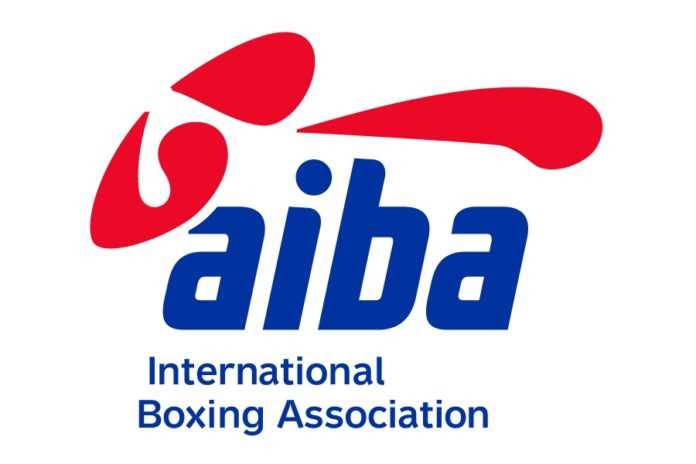The International Boxing Association posted its interim financial statements for the six months ending 31 December 2018, with Executive Director Tom Virgets (USA) announcing that “Considering where we were one year ago, AIBA has made significant progress towards reducing its debt and has gone from a negative cash flow of over $2,000,000 annually, to a positive cash flow.”
But the audit report itself, filed by the accounting form of Moore Stephens (Nyon, SUI) noted this:
“[W]e draw attention to notes 2, 3.7 and 7 in the notes to the financial statements describing a material uncertainty that may cast doubt about the ability of lnternational Boxing Association to continue as a going concern. lnternational Boxing Association is in over-indebtedness situation and its ability to repay its long-term debts will depend upon the continuing recognition of AIBA by the lnternational Olympic Committee as the international federation governing the sport of boxing. Should the association be unable to continue as a going concern, the financial statements would have to be prepared on the basis of liquidation values.”
Translation: if the IOC removes AIBA as the international federation responsible for boxing, the federation will die. It’s that simple.
A look at the financial statements show that AIBA’s concerns over the management approach by former president C.K. Wu (TPE) were real. A company formed to market boxing called Boxing Marketing Arm SA is in liquidation. The World Series of Boxing SA company, designed to create and promote a series of national-team tournaments continues to lose money, but the loss narrowed during the last six months of 2018.
In 2010, AIBA guaranteed a $10 million loan from Benkons MMC (Azerbaijan) to a World Series of Boxing subsidiary which has gone bankrupt. The loan was due in 2013 and has been the major financial impairment of AIBA.
An agreement was reached for Benkons to reclassify $2 million as a sponsorship from 2018-22, with the remaining $8 million to be paid in $1 million installments from 2021-28,. By doing this, the total debt to Benkons was reduced from $11.48 million to $9.5 million at the end of 2018. This $2 million savings is almost all of the $2.09 million in income for the last six months of the year.
In terms of operations, AIBA had CHF 4.3 million in revenue – 53% from the IOC – and CHF 3.5 million in expenses for a net operating surplus of CHF 761,410. Without the IOC, AIBA would have had a loss of CHF 1.5 million.
As the account’s review notes, “The long term projections (over 1 I months, after Tokyo 2020) and the resolution of the over-indebtedness are dependent upon the continuing recognition of AIBA by the lnternational Olympic Committee as the intemational federation goveming the sport of boxing.”
That’s what at stake as the IOC continues to review AIBA’s future as the federation governing boxing.




























